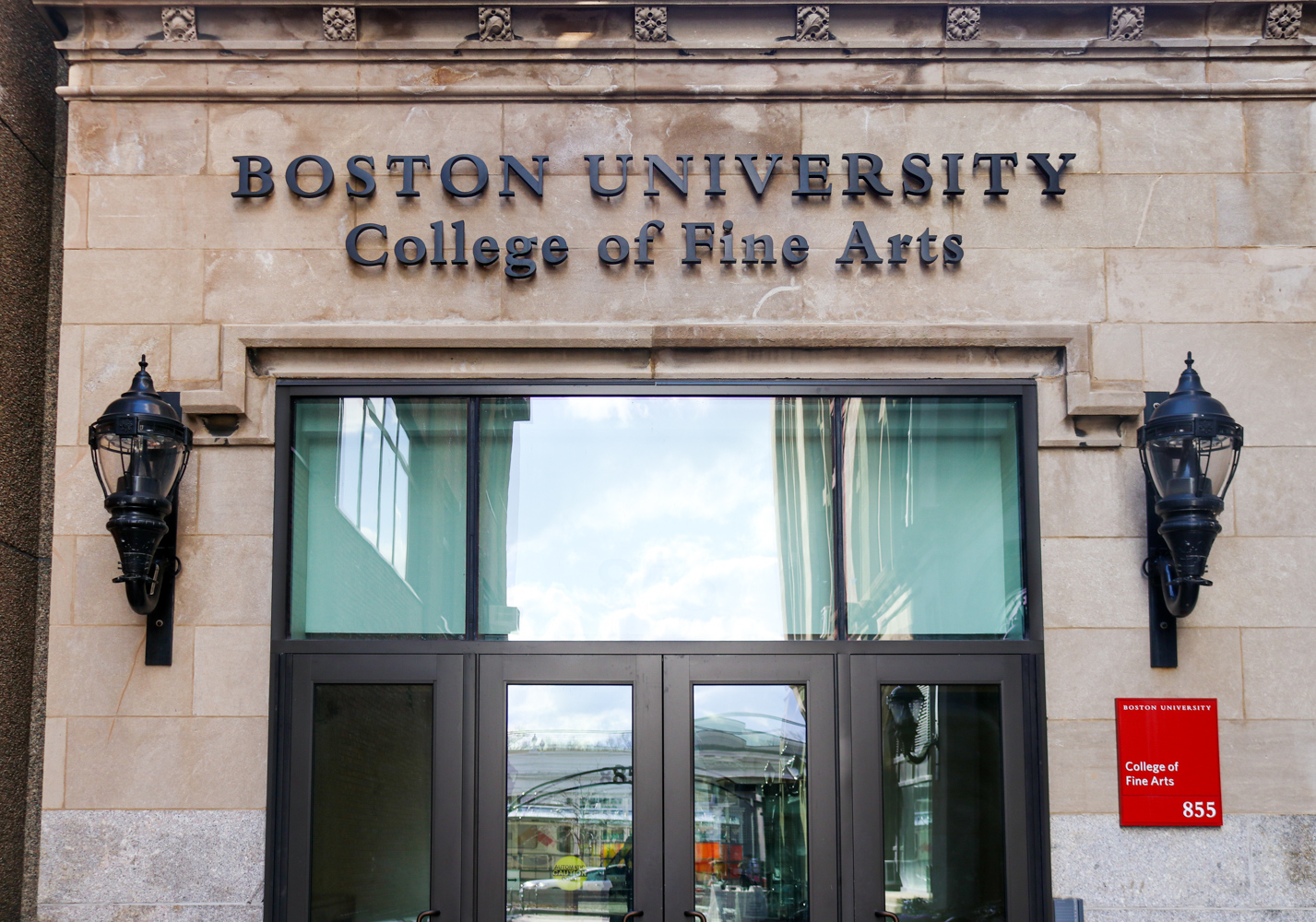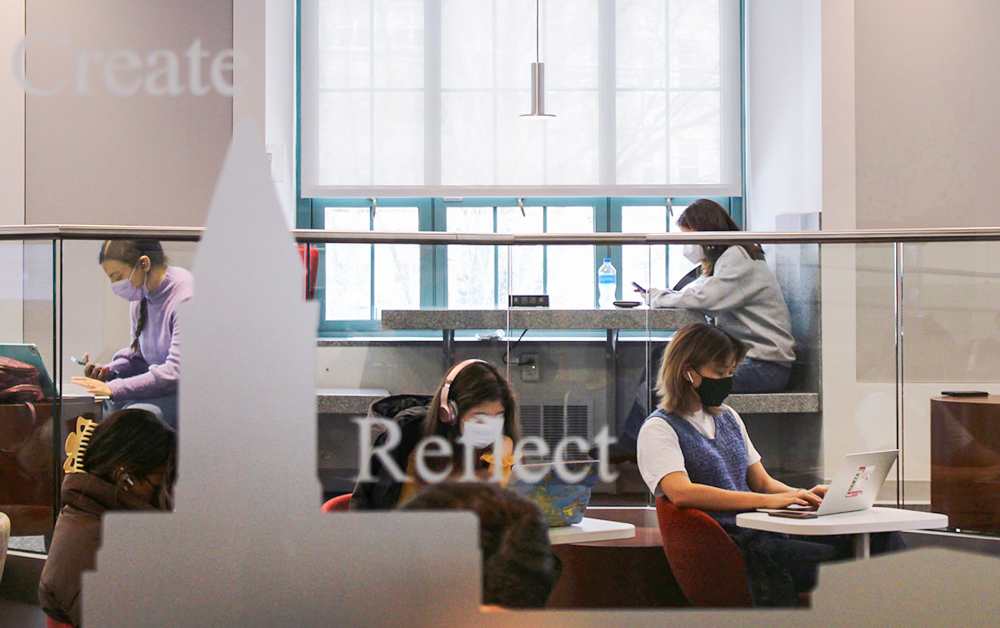Boston University had the 13th highest population of international students among U.S. colleges for the 2011–12 academic year, according to the Institute of International Education.
A report, titled Open Doors Data on International Educational Exchanged, released Monday stated BU had 6,041 international students during the 2011–12 academic year.
“We’ve always been ranked high in the Open Doors Report,” said BU spokesman Colin Riley. “We have a long history of international students studying at Boston University.”
Riley said for many years, BU has had the highest percentage of international students.
“We still have a strong percentage,” he said. “We have a diverse representation.”
He said students from India and China comprise a significant portion of BU’s international students because the countries have large populations.
A number of international students want to study at BU because of its quality of education, Riley said.
“BU has an outstanding reputation internationally as evidenced by the employability study recently released [released Oct. 25 by The New York Times],” he said. “BU graduates who work around the world are highly regarded by employers.”
Employers around the world ranked BU graduates 17th in the world in employability. BU was ranked seventh nationally.
Riley said BU works to accept students from around the world.
“BU has a strong alumni presence in many countries and recruits and regularly visits these countries,” he said. “We have an English-language program, Center for English Language and Orientation Programs, that is also attractive for students who want to pursue American education in the United States who don’t have the language skills for it.”
International enrollment in American colleges increased 6 percent from the 2010–11 academic year to a total of 764,495 students.
Riley said BU benefits from having a diverse population.
“Students who are sitting in the class may be sitting next to someone who has a different cultural background, who has different experiences, different language and a different upbringing and will contribute and bring that perspective with them and helps inform in many instances the discipline they’re studying,” he said.
Jordan Sen, an international student from Hong Kong, said he sees how BU is trying to increase its international population.
“I went to this conference where President [Robert Brown] was there, and he said he really wanted to increase the number of international students,” Sen, a School of Management junior, said. “It’s surprising to know BU is 13th, though.”
Sen said studying in the U.S. will give him a better education all around.
“I’m Australian originally, and I was considering it with my family, and they agreed it’s much better to have an education in America rather than Australia,” he said.
Sen said he is pleased BU has such a diverse student body.
“It’s always nice to know that there’s not a small percentage of people like me,” he said. “It doesn’t feel like I get left out or anything, there’s a lot of activities that involve international students and a lot of those things that the international students office does help us with incorporating ourselves into the community.”
Shannon Almeida from Bombay, India, said BU’s environment was not too different from her home city.
“BU is in a city, and I grew up in Bombay, so I was used to that,” Almeida, an SMG junior, said. “I also wanted a really diverse school, and I think BU was a good choice for that. It fit everything that I wanted … It is also a college city, which is good, since you get to meet a lot of students from other schools.”
She said BU benefits from having so many international students.
“You understand other cultures — you’re more aware of everything,” she said.
Urs Weber, a College of Arts and Sciences junior from Bremen, Germany, said he was not surprised by BU’s ranking.
“When I was looking at American colleges and universities while I was in Europe, at the college fairs around Europe, I lived in Switzerland, England and Spain, and BU was I think the only school from the U.S. that consistently came to all the college fairs in those countries,” he said.
Weber said the inclusion of international students helps others to see different viewpoints.
“Any sort of diversity always enhances any academic interaction or academic conversation,” he said. “The biggest influence on students in college is interactions they can have with other students.”
Amy Gorel contributed to the reporting of this article.

























































































































